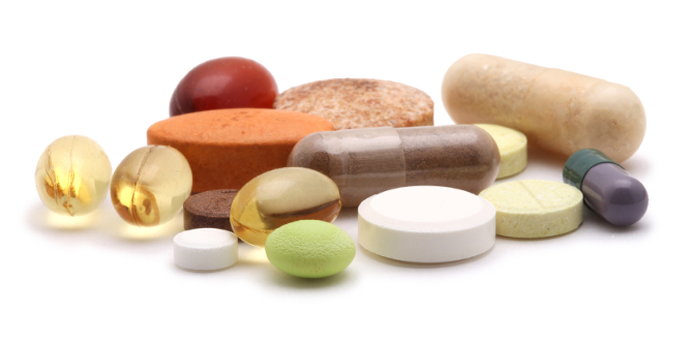Research has shown vitamin E’s health benefits to the brain, heart, bones; but, brands need to take notice of the form, as natural vitamin E imparts more health benefits.


Research has shown vitamin E’s health benefits to the brain, heart, bones; but, brands need to take notice of the form, as natural vitamin E imparts more health benefits.

Tocopherol is one of the 2 members of the vitamin E family. The other member is known as tocotrienol. Vitamin E incorporates 8 different compounds. These include 4 tocopherols (alpha, beta, gamma and delta) and 4 tocotrienols (alpha, beta, gamma and delta). Both of them require fat in the diet in order to be absorbed and distributed within the body. Although it may seem like the two members are similar, various differences exist between them as outlined below.

They are a source of energy and nutrients for our bodies, as well as antioxidants that protect our cells against the effects of free radicals and help to reduce inflammation. These are the good oils that should form a small but essential part of our daily diet. While there are many types of oils out there, an excellent one in our very own backyard is palm oil, which contains a high level of vitamin E.
A new study revealed that vitamin E — in particular tocotrienol — could improve the bone density of postmenopausal women. The study was carried out by a group of scientists from the Texas Tech University Health Sciences Center and the Georgia State University who assessed the benefit of vitamin E to bone health.
“This study showed that supplementation of tocotrienols, mainly delta-tocotrienols, suppressed bone [bone remodeling regulators],” the researchers wrote in the report. “Such osteoprotective tocotrienol’s effects may be, in part, mediated by an inhibition of oxidative stress.”

The human body is a very delicate machine and various substances, natural or man made are useful and beneficial to its ability to perform optimally.
Amongst those substances are antioxidants.
An antioxidant is a molecule that inhibits the oxidation of other molecules. Oxidation is a chemical reaction that can produce free radicals, leading to chain reactions that may damage cells.
You might already know about foods you should be eating for your heart or your gut—but what about the foods that protect your cells? Those would be the ones packed with antioxidants, a buzzy term you’ve probably heard before.
What Are Antioxidants?

During the recently concluded Palm International Nutra-Cosmeceutical Conference (PINC 2017), speakers highlighted recent breakthroughs in palm tocotrienols research and the current clinical practices of using palm tocotrienols for disease management. Some of the highlights are:

Vitamin E, a fat-soluble antioxidant, can only be obtained as a food supplement, but has widely-known health benefits for the skin, heart and brain. Deficiency of vitamin E is rarely naturally-occurring, but when it does appear, it is typically caused by fat malabsorption disorders or genetic abnormalities. Vitamin E is well-known in the cosmetic world for its skin benefits, but also protects against toxins that can deteriorate the eyes and brain.
Sejumlah penelitian menunjukkan bahwa tocotrienols yang terkandung dalam vitamin E bisa melindungi otak dari kerusakan akibat stroke dan mengurangi risiko stroke rekuren.
“Kerusakan otak saat stroke bisa dicegah dengan memicu pembuluh darah disekitarnya untuk melebarkan dan mengarahkan aliran darah disekitar penyumbatan,” kata peneliti tocotrienol, Professor Chandan K. Sen, seperti dilansir laman MSN, Selasa (7/11).

Vitamin E helps keep a horse’s muscles, nerves and all his internal workings functioning smoothly. And if he’s not getting it naturally in a green pasture, then you’ll need to find a way to add it to his diet. Here’s a look at what vitamin E does and what you can do to make sure your horse gets enough—but not too much.
Tocotrienols are a group of chemicals that are part of the vitamin E family. So far, research has uncovered numerous benefits associated with tocotrienols.
